We provide the best products in the stainless steel industry. Our customers know they can trust us for quality, affordability, and convenience. Our multiple locations make it easy to get what you need within days!
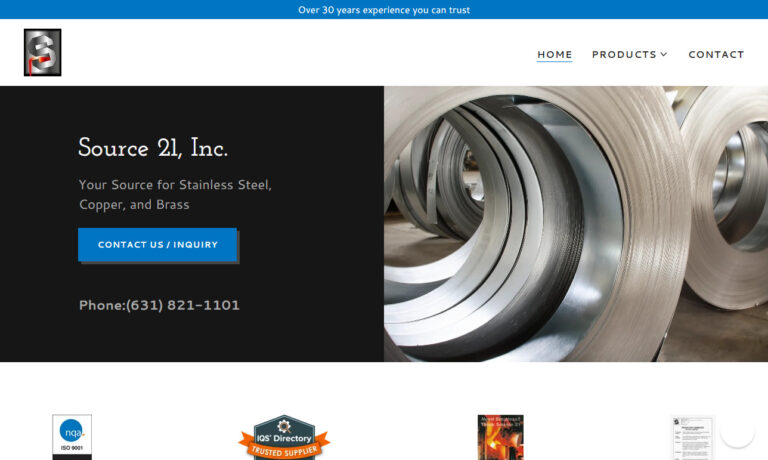
Cada Stainless is a distributor of stainless steel in strip, coil & sheet. All grades of stainless steel available- annealed, tempered in 301,302,304,316, straight and L grades, 17/4, 17/7, 420,430,440, temper rolling to specific thicknesses & tolerances available.
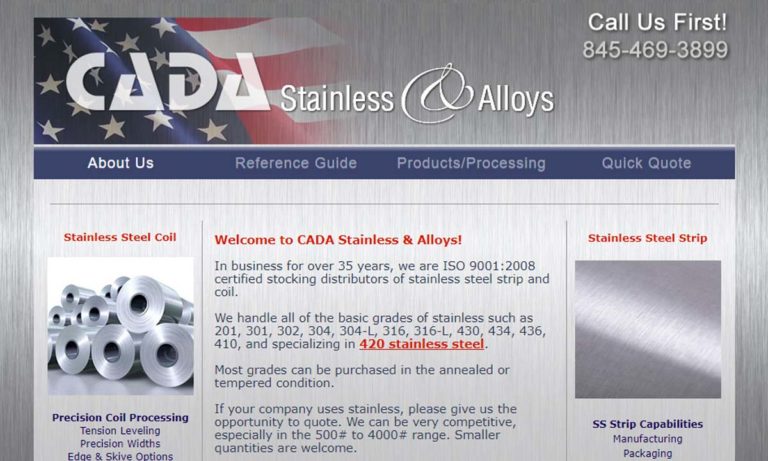
Our company may have started small, but we quickly grew to handle the largest aluminum orders. Our metals are made from the highest quality materials, and we pledge to offer superior service to all our customers. We don’t want customers who use us one time, we want to establish lifelong relationships with customers that last generations. Contact us for more info!
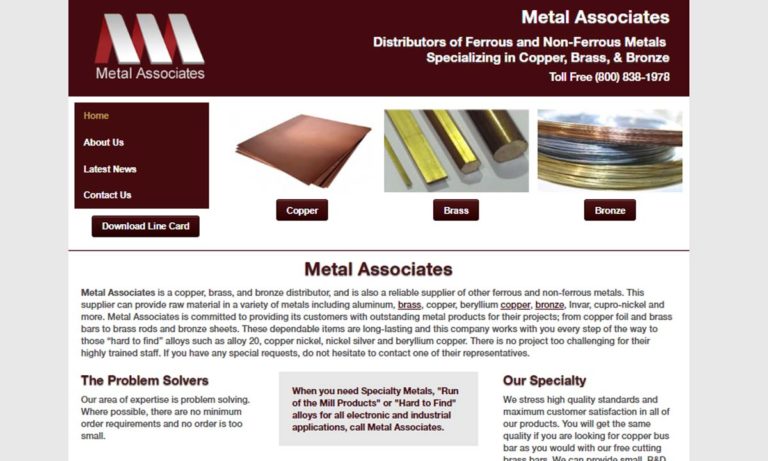
You can’t beat the EMJ Advantage for stainless steel and other metals, which comes with an "On Time, Or Free" delivery guarantee! For stainless bar, tube, plate and more, including alloy, aluminum, carbon and others, rely on this broad network of superior inventories and capabilities. See our website today to find the sales location nearest you!

At CBC Specialty Metals & Processing, we pride ourselves on being a premier provider of high-quality stainless steel products and comprehensive processing solutions tailored to meet the diverse needs of our clientele. With years of experience and expertise in the industry, we have established ourselves as a trusted name in stainless steel distribution and processing, renowned for our commitment...

More Stainless Steel Grade Manufacturers
Of all the different series, the 200, 300 and 400 series are the most common. Stainless steel is graded through consideration of the environment that it will be assigned to.
The typical stainless steel grading system used for stainless steel is the Society of Automotive Engineers (SAE) Grades, which is designated by the SAE, and the UNS grades. Since stainless steel is an iron-based alloy, stainless steel grades contain a minimum of 11% chromium. In addition to chromium, alloys such as molybdenum, copper and titanium may be added to amplify certain properties.
Some overarching characteristics of stainless steel include corrosion-resistance, high ductility, weldability and cryogenic toughness. Another benefit of stainless steel grades is that they are totally recyclable, creating increasing demand amongst environmentally-friendly consumers.
Additionally, stainless steel grades have wide-ranging applications such as consumer appliances, automotive exhausts, surgical instruments, heaters, valves, knife blades, chemical tanks, heat exchangers and spring clips. As a result, stainless steel grades are utilized in numerous industries including medical, automotive, manufacturing, aerospace, printing, marine and petrochemical.
The different series of stainless steel grades all have unique characteristics. The 100 through the 300 series are all various grades of austenitic stainless steel, which is the most common type of stainless steel in production. Some characteristics that are unique to the 100 series include the composition of austenitic chromium-nickel-manganese alloys that are available in two types: type 101, which can be hardened through cold working; and type 102, which is a more general purpose type of stainless steel. Both types are often used in furniture. The 200 series is also composed of austenitic chromium-nickel-manganese alloys, although the percentages differ.
This series includes type 201 and type 202, which mirror the 100 series types. The 300 series is the largest series and are composed of austenitic chromium-nickel alloys. Some types within these series feature the addition of molybdenum for increased corrosion resistance and changing carbon content depending on their designated environment. Types 304 and 316 are the most common types in the 300 series.
The 400 series includes various grades of ferritic and martensitic stainless steel and are all composed of chromium alloys. The types of stainless steel in this series are magnetic and typically contain 11% chromium and 1% manganese. The 500 series consists of heat-resistant chromium alloys and is not very large or commonly used. Lastly, the 600 series consists of martensitic precipitation-hardening alloys that can undergo heat treatment and attain high strength levels.

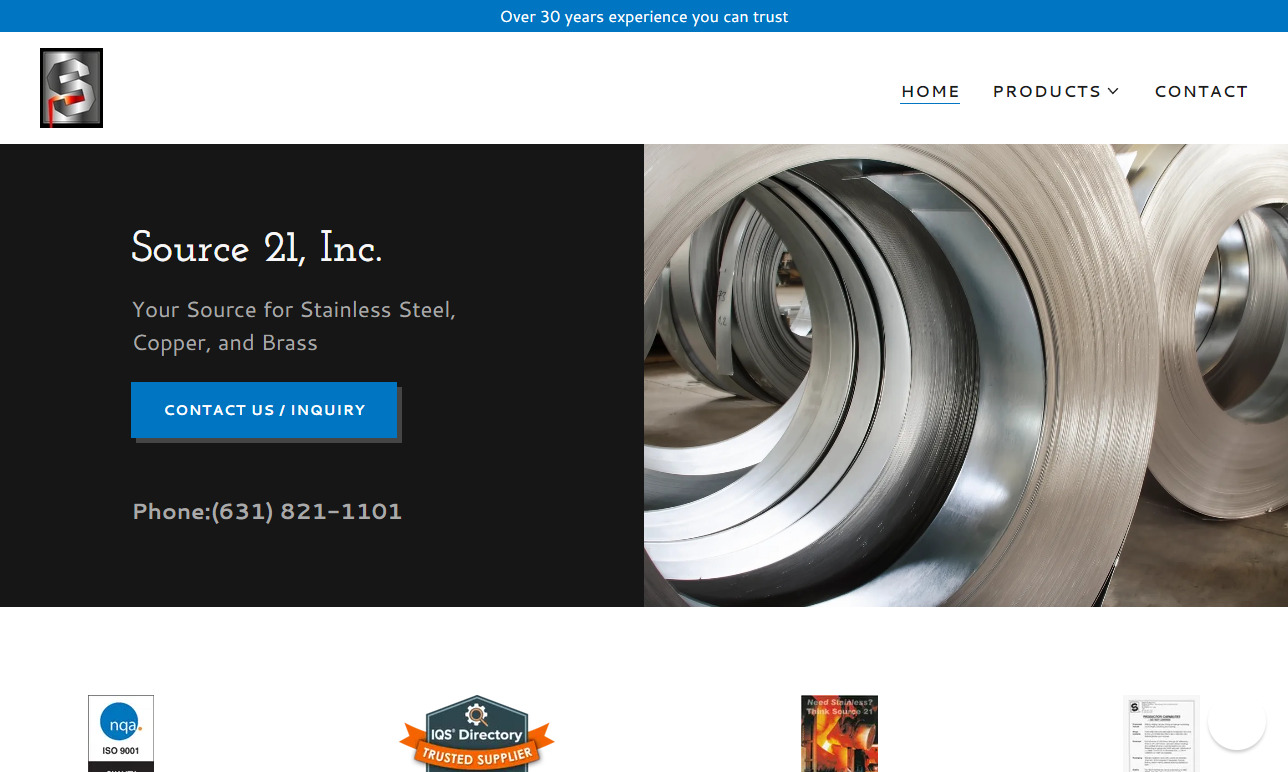
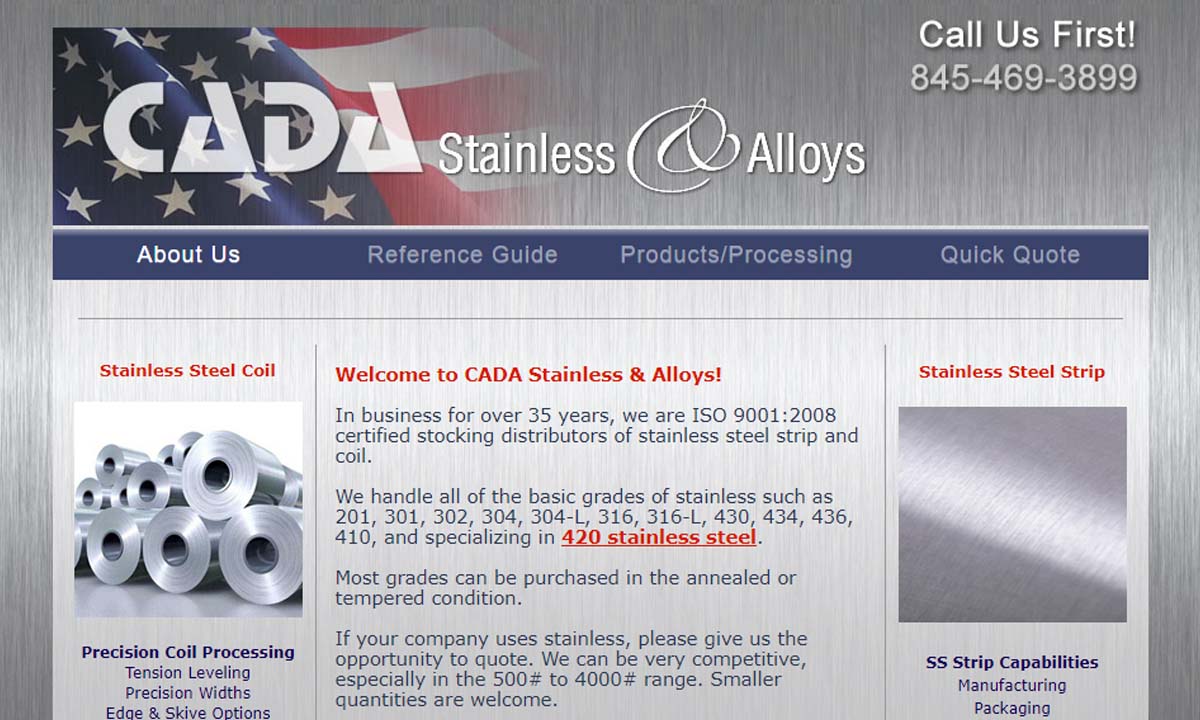

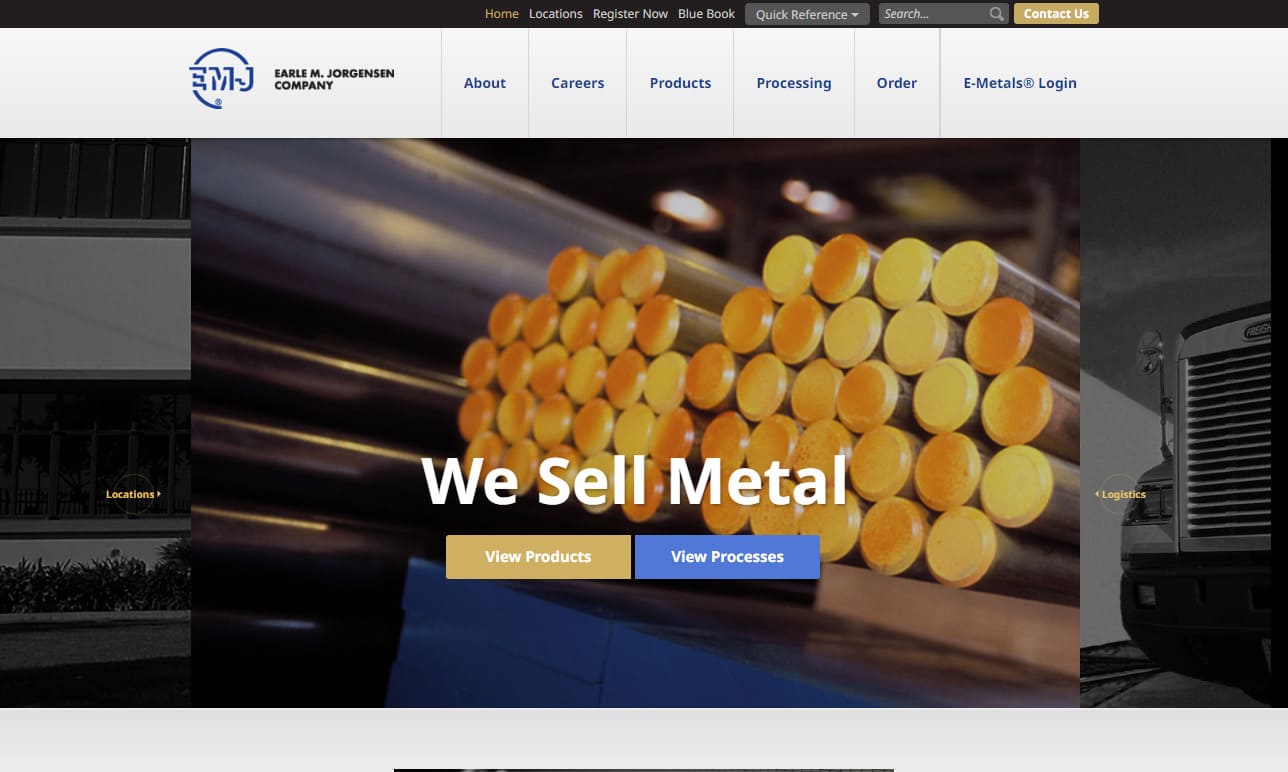

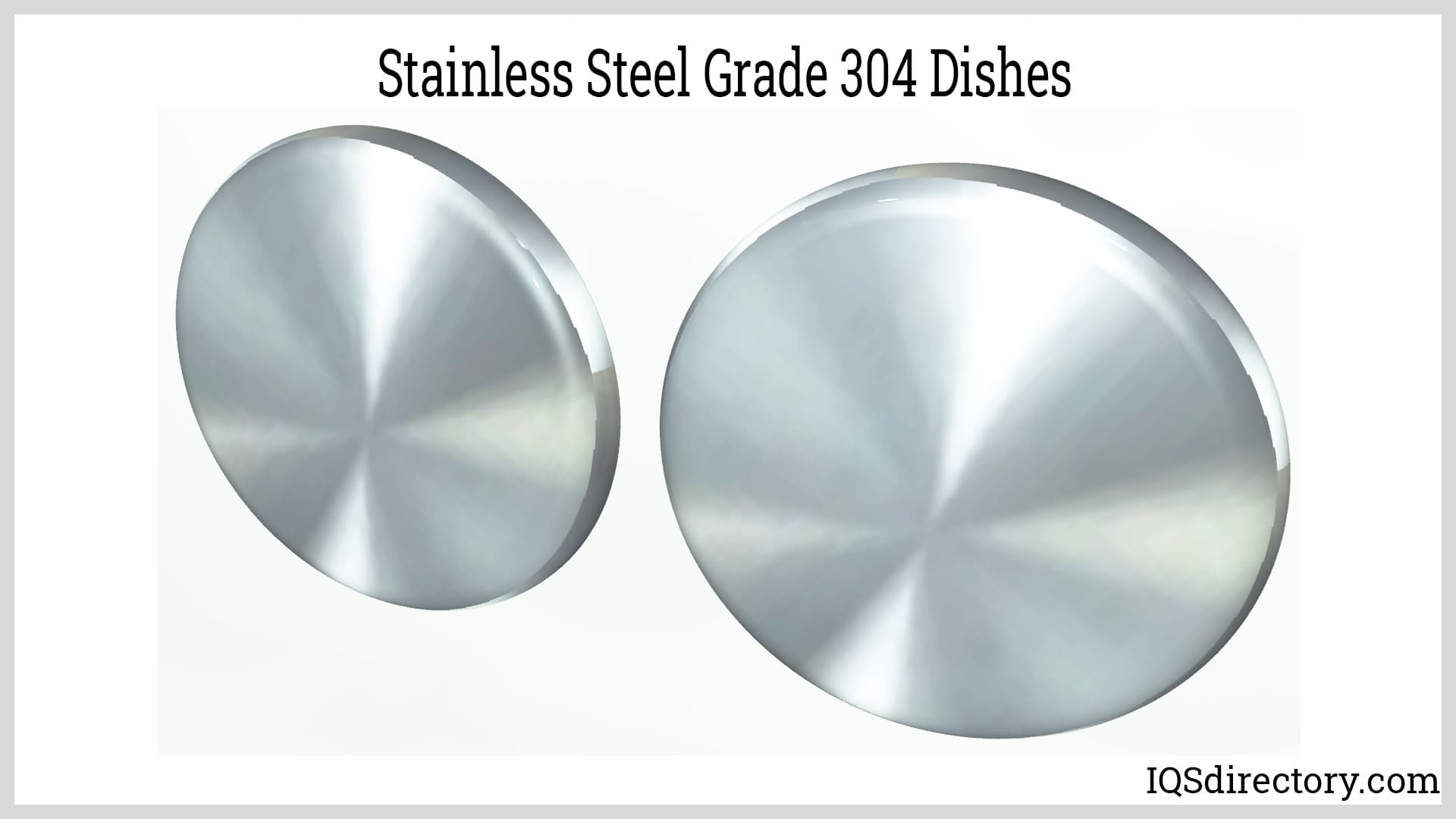
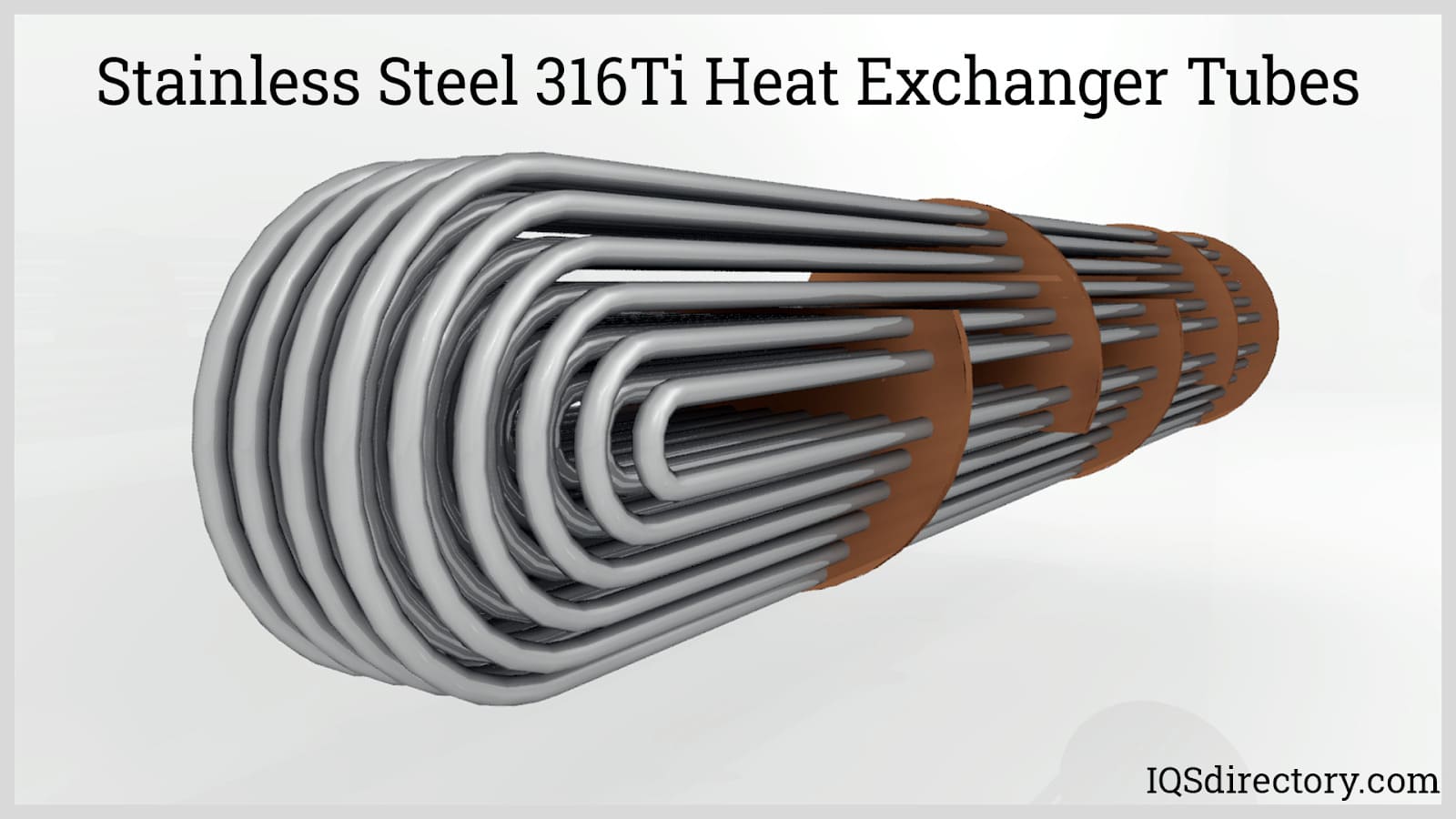

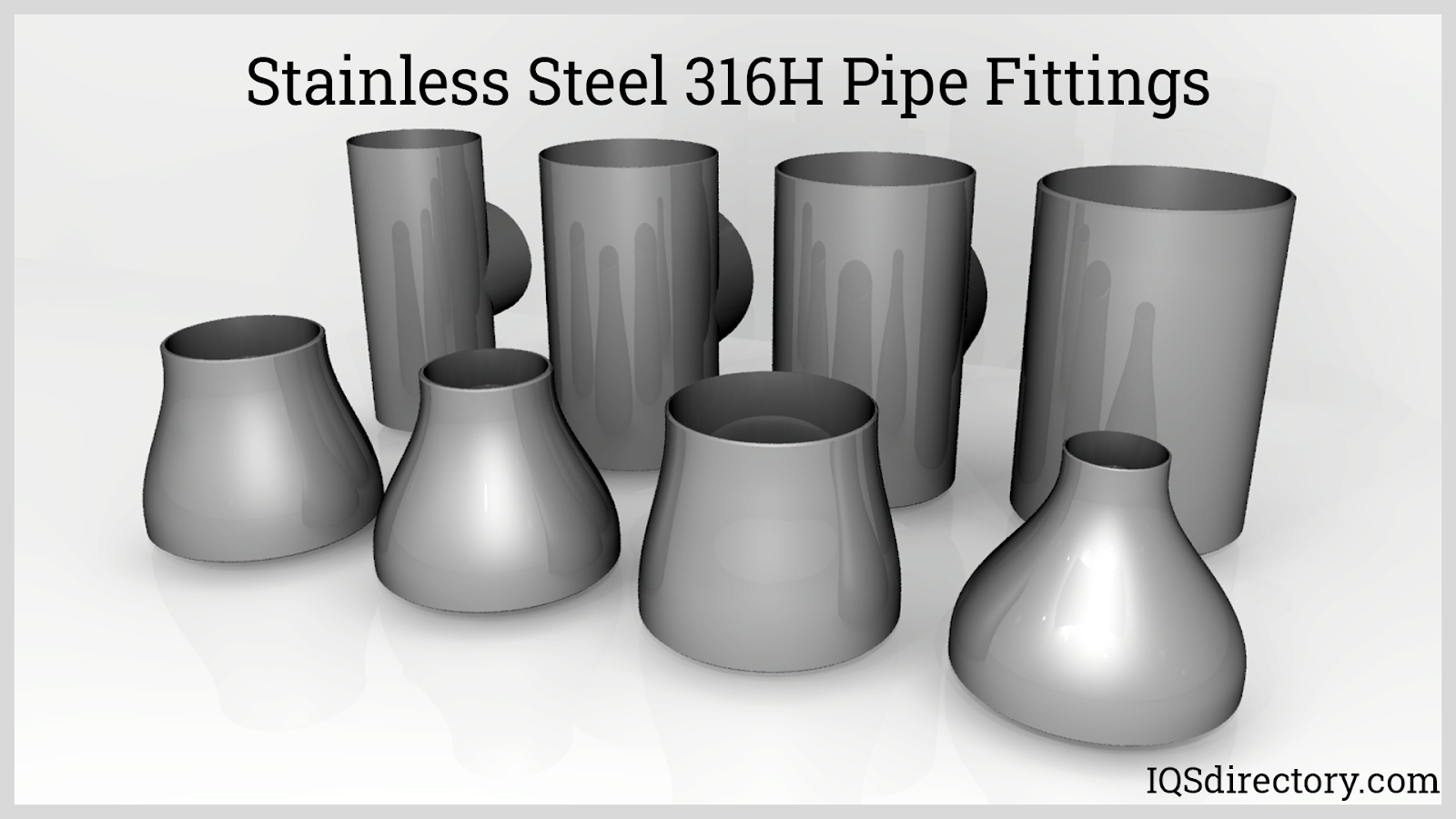


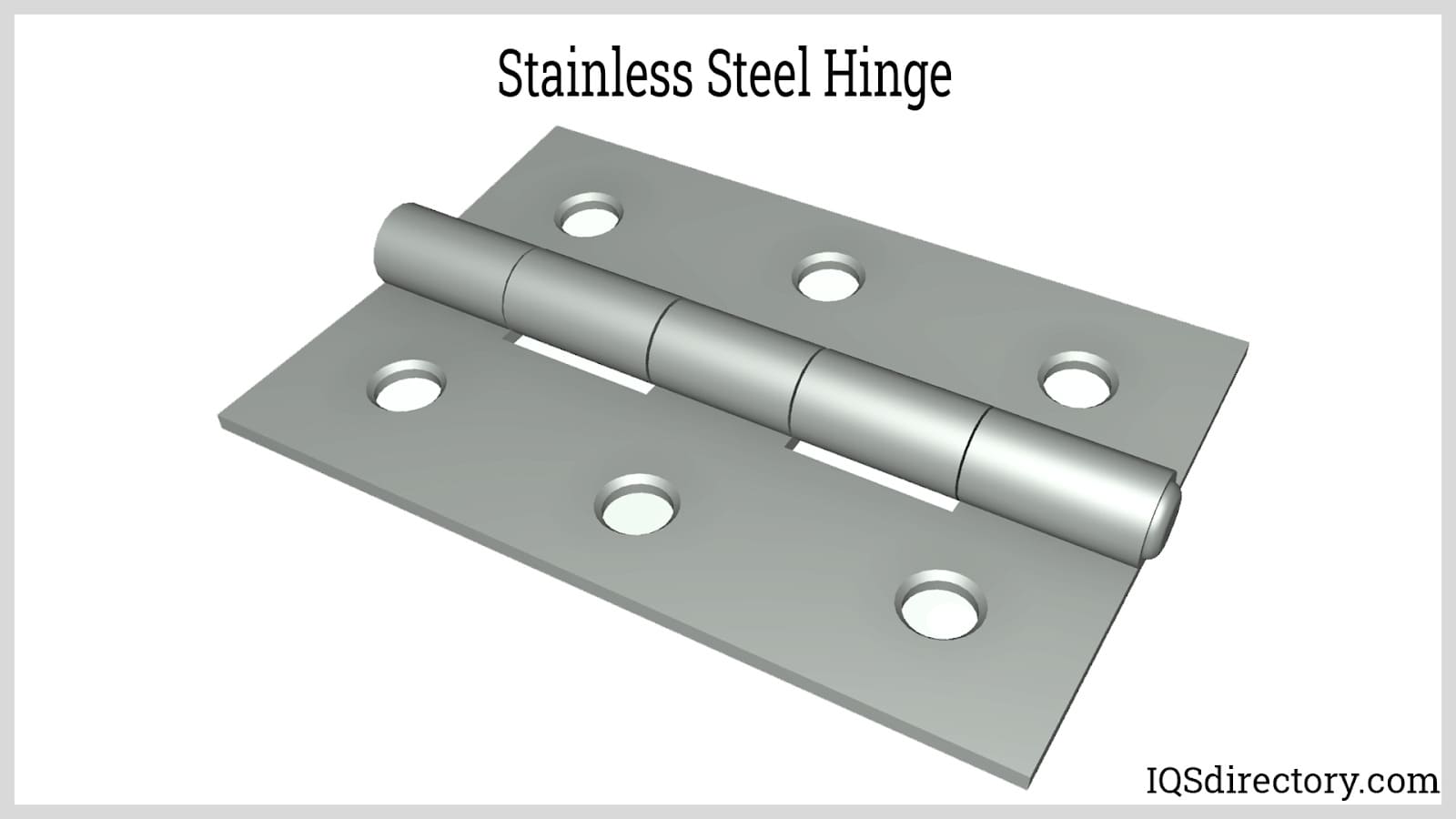
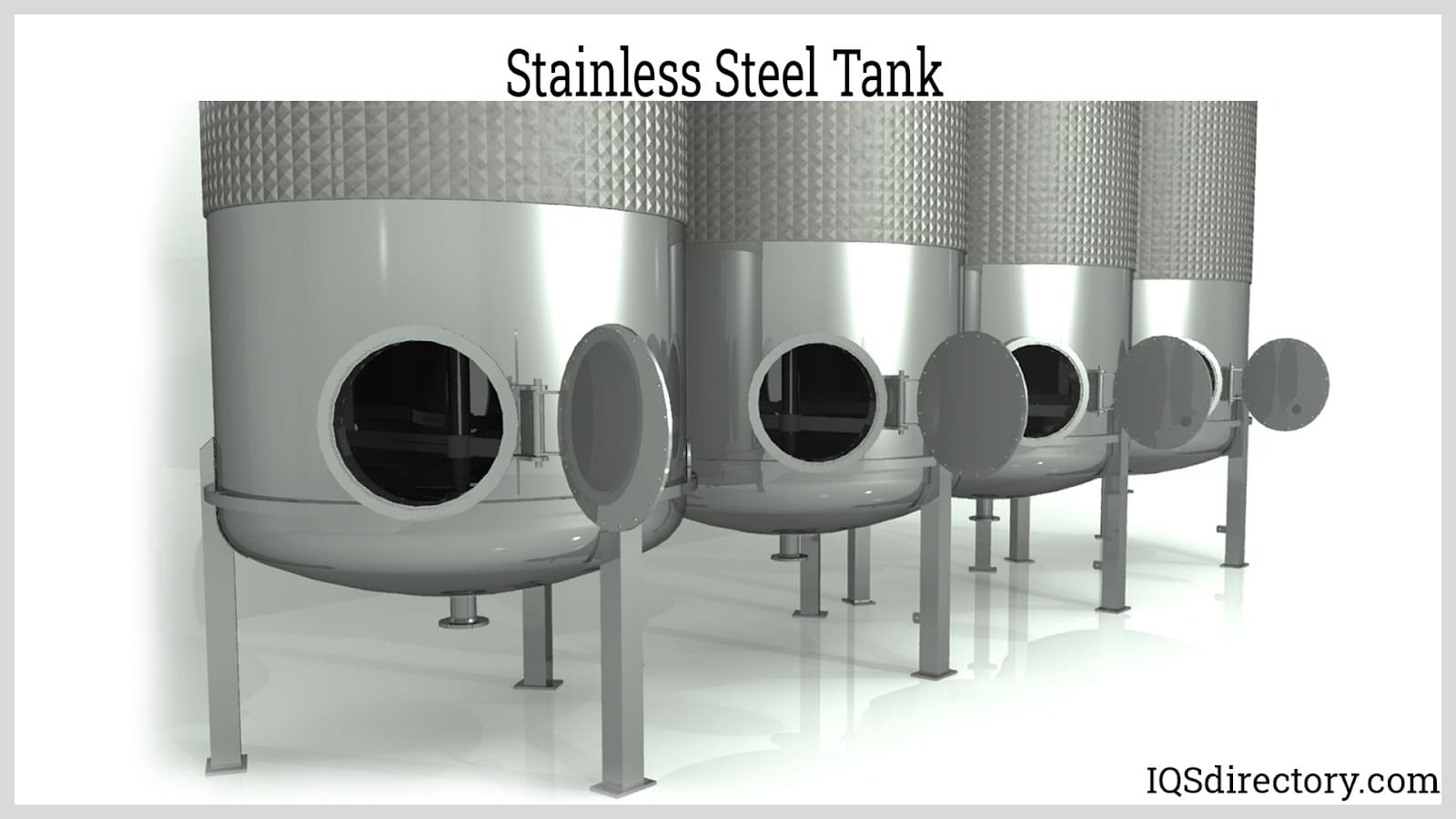

 Alloy Suppliers
Alloy Suppliers Aluminum
Aluminum Aluminum Extrusions
Aluminum Extrusions Copper-Brass-Bronze
Copper-Brass-Bronze Magnets
Magnets Nickel
Nickel Stainless Steel
Stainless Steel Stainless Steel Tubing
Stainless Steel Tubing Steel Service Centers
Steel Service Centers Titanium
Titanium Tungsten
Tungsten Wire Rope
Wire Rope Castings & Forgings
Castings & Forgings Bulk Material Handling
Bulk Material Handling Electrical & Electronic Components
Electrical & Electronic Components Flow Instrumentation
Flow Instrumentation Hardware
Hardware Material Handling Equipment
Material Handling Equipment Metal Cutting Services
Metal Cutting Services Metal Forming Services
Metal Forming Services Metal Suppliers
Metal Suppliers Motion Control Products
Motion Control Products Plant & Facility Equipment
Plant & Facility Equipment Plant & Facility Supplies
Plant & Facility Supplies Plastic Molding Processes
Plastic Molding Processes Pumps & Valves
Pumps & Valves Recycling Equipment
Recycling Equipment Rubber Products & Services
Rubber Products & Services